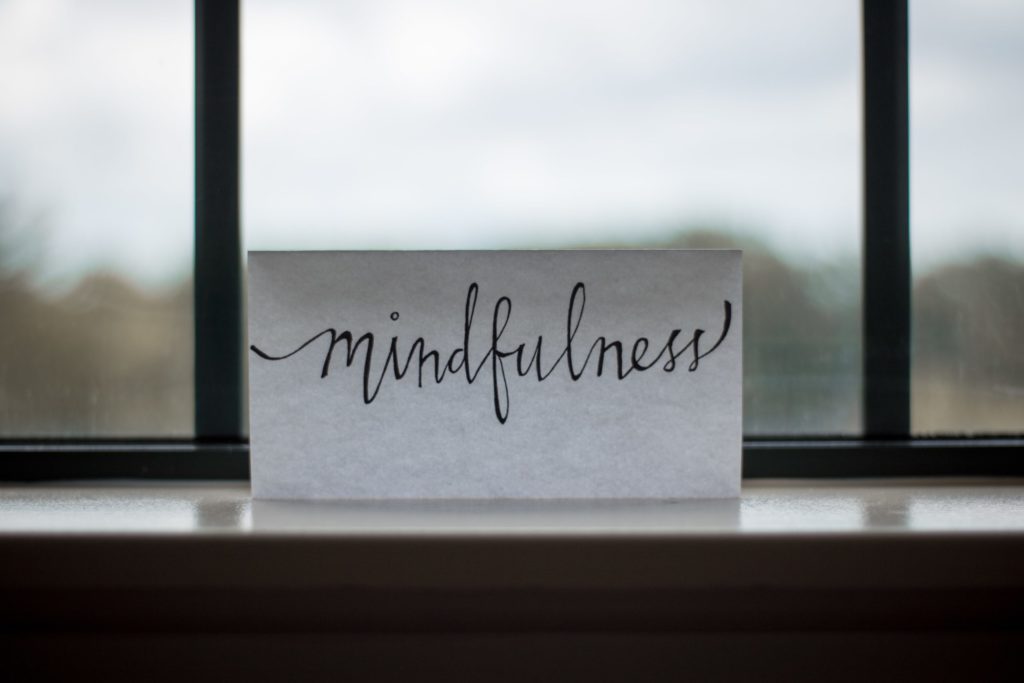As Americans, we are all in this together. All of us have beem impacted by the Coronavirus Disease (COVID-19) and the feelings of fear and uncertainty around this developing situation. During this unimaginable time, we all feel stress, anxiety, grief and worry. Everyone reacts differently and it is normal for feelings to change over time. Taking care of your mental health will help you to think clearly so you can continue to help yourself and your family. Taking care of your mental health now will help your long-term healing.
Here are basic recommendations for self-care:
- Take care of your body. Do your best to maintain routines around meals, exercise and bedtime.
- Try to eat healthy meals and maintain routines around meals, like cooking together or eating meals at the same time each day.
- Plan physical activities that can be done while at home.
- Resource: https://getrevup.com/blog/
- Resource: Its_just_40_Minutes- PDF
- Get plenty of sleep. Avoid alcohol, tobacco, and other drugs as they will disrupt sleep.
- Engage in relaxation techniques to reduce stress. Meditations are available readily online. Create a list of things you are grateful for which helps reduce stress.
- Resource: Managing Stress Card- PDF
- Practice patience and tolerance, which can be difficult during this time. This will model healthy habits for your friends and family.
- Connect with others safely. Plan activities with those in your home or virtually with others. You can even get creative and enjoy watching a movie or playing a game via Google Hangouts, FaceTime, Zoom, or other video conferencing tools. Share your concerns and how you are feeling with a friend or family member.
- Check-in with family or friends—this will promote wellbeing for both you and them.
- If it is part of your routine, consider attending religious services online.
- Stay informed, but avoid too much exposure to the news. Take breaks from watching, reading, or listening to news stories. Be aware that there may be rumors during a crisis, especially on social media. Always check your sources and turn to reliable sources of information.
- Resource: https://www.cdc.gov/coronavirus
Some common, early signs of distress or increased stress include:
- Feelings of numbness, disbelief, anxiety, or fear,
- Changes in appetite, energy, and activity levels,
- Difficulty concentrating,
- Difficulty sleeping or nightmares and upsetting thoughts and images,
- Physical reactions, such as headaches, body pains, stomach problems, and skin rashes,
- Worsening of chronic health problems,
- Anger or short-temper,
- Increased use of alcohol, tobacco, or other drugs.
If you notice yourself experiencing signs of distress, please ensure you are practicing the self-care activities. Additionally, although it may look different today than it has in the past, please do what you can to seek help when needed. If any of the signs of distress above (or others) are impacting the activities of your daily life for several days or weeks, talk to a counselor, doctor, or faith leader, or a professional in your area for help by calling 211 or visiting www.211.org.




